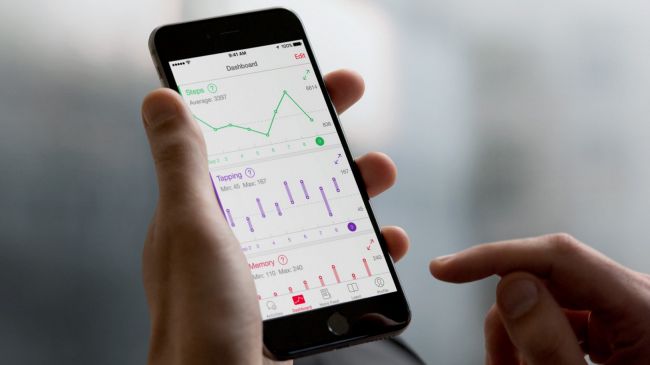Your wearables know that you're sick before you do
Probably best to stay home, just in case

When you get that feeling of the flu coming on, you never quite know what's going to happen next. Sometimes it quietly fades away. Other times you're off work and in bed for a week or more.
But researchers have now discovered that your wearables are aware that you're sick long before you are, and could even tell you when it's time to see the doctor.
Engineers at Stanford University and Veterans Affairs Palo Alto performed several experiments to discover whether real scientific conclusions could be drawn from the data produced by commercial wearable devices.
Seven different devices
First they studied one man, wearing seven different devices, over a period of two years. The devices measured a bunch of different things - activity level, radiation exposure, blood oxygen level and more. About 250,000 data points were collected each day.
From analysis of that data, they then equipped 43 new volunteers with a device capable of tracking heart rate, skin temperature and movement for an average of five months each. The results showed that people's bodies differ substantially, necessitating personalised analysis.
The team also looked at instances with abnormal readings. The first participant had four periods in which his heart rate and skin temperature were high. During three of those periods, he reported clinical symptoms like congestion, but in the fourth he was subsequently diagnosed with Lyme disease.
“The wearable was actually able to predict Lyme disease even before the patient had any symptoms,” said Grace Peng, Director of the National Institute of Biomedical Imaging and Bioengineering.
Sign up for breaking news, reviews, opinion, top tech deals, and more.
In the wider experiment, three participants became ill during the monitoring period and in each case their heart rate spiked compared to its average. Using that data, the team was able to create an algorithm that identified possible illness based on heart rate spikes.
Incredibly exciting
“It was incredibly exciting that we could actually detect illness using just a consumer wearable device,” said Jessilyn Dunn, a postdoctoral research fellow at Stanford University and one of the lead authors on the paper.
While the researchers emphasize that wearables aren't yet a means of clinical diagnosis, they could provide a more representative assessment of general health. “We know that the day that you go into the doctor once a year, it might not be your typical day, so we can get a picture of what that really is,” said Dunn.
Additionally, the system could prove useful outside of urban areas.
“For those individuals who can’t easily come into a clinic, they’re still under a sort of health surveillance mechanism,” Dunn said.
“There’s a really exciting potential for this type of technology to really revolutionize the healthcare model.”
The full details of the experiments were published in the journal PLoS Biology.
